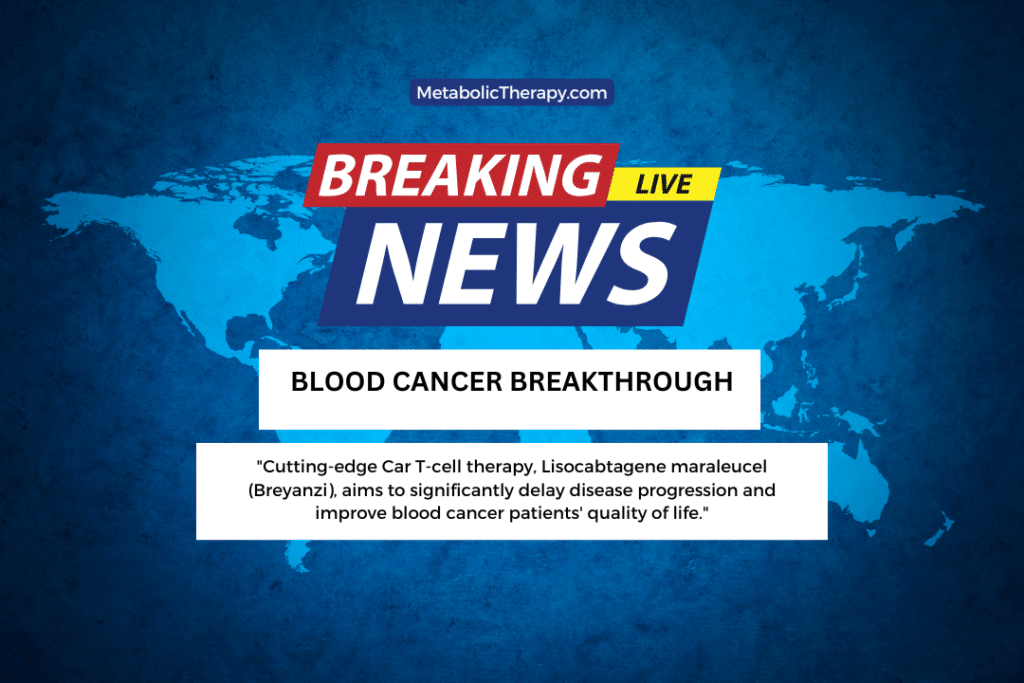A recent BBC post highlighting Professor Thomas Seyfried’s work, amongst several others, on alternative cancer treatments and other health innovations raises questions about the role of pharmaceuticals in stifling new ideas and the criteria for labelling information as “misinformation.” This situation underscores the need for a balance between exploring new ideas and ensuring they are grounded in scientific evidence to protect public health while fostering medical innovation.
The debate about misinformation in healthcare is increasingly prominent, with high-profile figures like Steven Bartlett facing scrutiny for amplifying unproven health claims on platforms like his popular podcast, The Diary of a CEO. Bartlett’s podcast, which has shifted its focus towards health topics, has been criticised for allowing guests to make unsubstantiated claims about treating diseases like cancer with diets rather than established treatments. This situation highlights the challenges of balancing freedom of expression with the need to protect public health from misinformation. Meanwhile, the inclusion of experts like Professor Thomas Seyfried in discussions about misinformation raises questions about how new treatments are evaluated and validated, especially when they challenge conventional medical wisdom.
The recent inclusion of Professor Thomas Seyfried in discussions about health misinformation by the BBC raises important questions about how new treatments are discovered and validated. Seyfried, a renowned professor with over 200 peer-reviewed papers and nearly 20,000 citations, has been criticised for advocating the ketogenic diet as a potential treatment for cancer, despite conventional medical evidence suggesting otherwise13. This situation highlights the tension between exploring alternative therapies and the potential risks of misinformation.
Critics argue that the pharmaceutical industry’s significant influence over disease management can stifle innovation outside of conventional medicine. The notion that supplements cannot be recognised as cures without being prescribed by a doctor underscores the regulatory hurdles that alternative treatments face5. This raises questions about how humanity managed to survive without the dominance of pharmaceuticals for thousands of years.
The BBC’s scrutiny of Seyfried’s claims prompts the question: What qualifications are needed not to be labelled a “quack” or “dangerous”? Misinformation often involves claims that are not supported by scientific evidence or that contradict established medical knowledge. However, the line between misinformation and innovative thinking can be blurry. It is crucial to differentiate between unproven theories and dangerous misinformation that could harm patients.
In the case of Professor Seyfried, it’s hard to image any scenario where any advocate of current medicine could review his findings and not at least question the current doctrine of the “standard of care” and choose to learn more. It is a sad state of affairs that the people who would denounce such revolutionary healthcare potential, do so without taking the time to review the science.
While it is essential to keep an open mind towards new ideas, evidence-based medicine remains the cornerstone of healthcare. Claims about alternative treatments, such as dietary cures for cancer, must be rigorously tested and validated before they can be recommended as safe and effective2. The scientific community relies on peer review and clinical trials to ensure that treatments are both safe and effective.
To foster innovation while protecting public health, there needs to be a balance between exploring new ideas and ensuring they are grounded in scientific evidence. This includes:
Encouraging Open Dialogue: Platforms should allow for diverse perspectives, including those from experts like Seyfried, while also providing a critical evaluation of the evidence.
Rigorous Testing: New treatments must undergo thorough clinical trials to establish their safety and efficacy. Something that big pharma will never do since most new treatments relying on sometimes ancient supplements cannot be patented or monetised.
Public Education: Educating the public about the importance of evidence-based medicine can help mitigate the risks of misinformation.
Ultimately, the path to new treatments involves navigating a complex landscape where innovation and safety must coexist. By fostering a culture of critical inquiry and rigorous scientific validation, we can ensure that new ideas are explored while protecting public health.

Hundreds of people in England with aggressive blood cancer are set to benefit from a cutting-edge Car T-cell therapy, Lisocabtagene